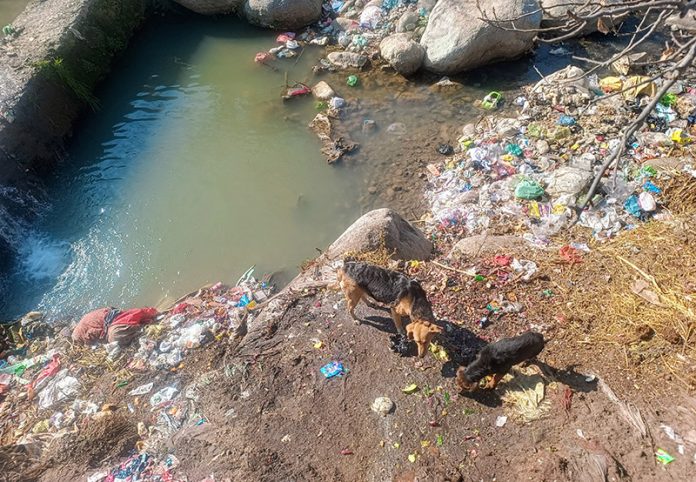The action taken by the Jammu and Kashmir Pollution Control Committee against pollution in Bhaderwah is a commendable move in the fight to protect and restore the region’s water bodies. The imposition of a fine of Rs 11.55 lakh on the Municipal Committee Bhaderwah for unscientific waste dumping, coupled with notices issued to over 125 individuals and organisations, highlights the seriousness of the issue and the authorities’ determination to tackle it. Bhaderwah’s pristine natural beauty is witnessing a troubling rise in pollution levels, especially in its water bodies such as Puneja Nullah, Neeru Nullah, and Halyan Nullah. The primary culprits are unsegregated waste dumping, untreated sewage, and poor waste management practices. These pollutants not only degrade the water quality but also pose a severe threat to public health and biodiversity. The formation of a three-member committee to identify defaulters and the integration of CCTV monitoring to curb illegal dumping are steps in the right direction. This proactive approach ensures accountability and fosters a culture of compliance. The proposal to install additional cameras along tributaries of the Neeru River is particularly promising as it underscores the need for sustainable and technology-driven solutions. Moreover, allocating 17 kanals of land for constructing a Sewage Treatment Plant at Gatha marks a significant stride toward scientific waste management. However, delays in fund approvals for critical projects, such as the Rs 9-crore solid and liquid waste management initiatives, need immediate resolution. The UT administration and Urban Development Department must prioritise these projects to prevent further environmental degradation. The efforts of the BDO Bhaderwah in devising a decentralised action plan for waste management, including the establishment of sanitary complexes, community compost pits, and soakage pits, deserve appreciation. Such grassroots-level interventions are essential for sustainable and community-led waste management. While the progress made so far is laudable, sustained vigilance and public cooperation are crucial. As the NGT has emphasised, timely progress reports and compliance with action plans are essential. The collective responsibility of Government bodies, local authorities, and citizens will determine Bhaderwah’s environmental future.
Trending Now
E-Paper


